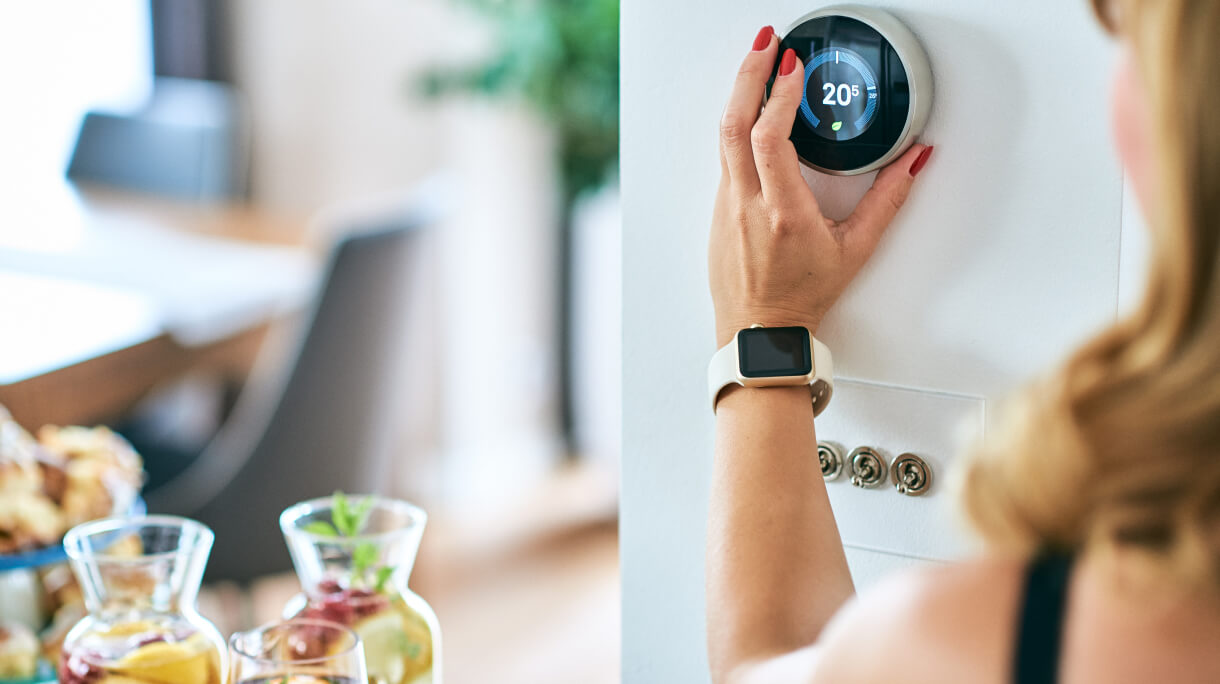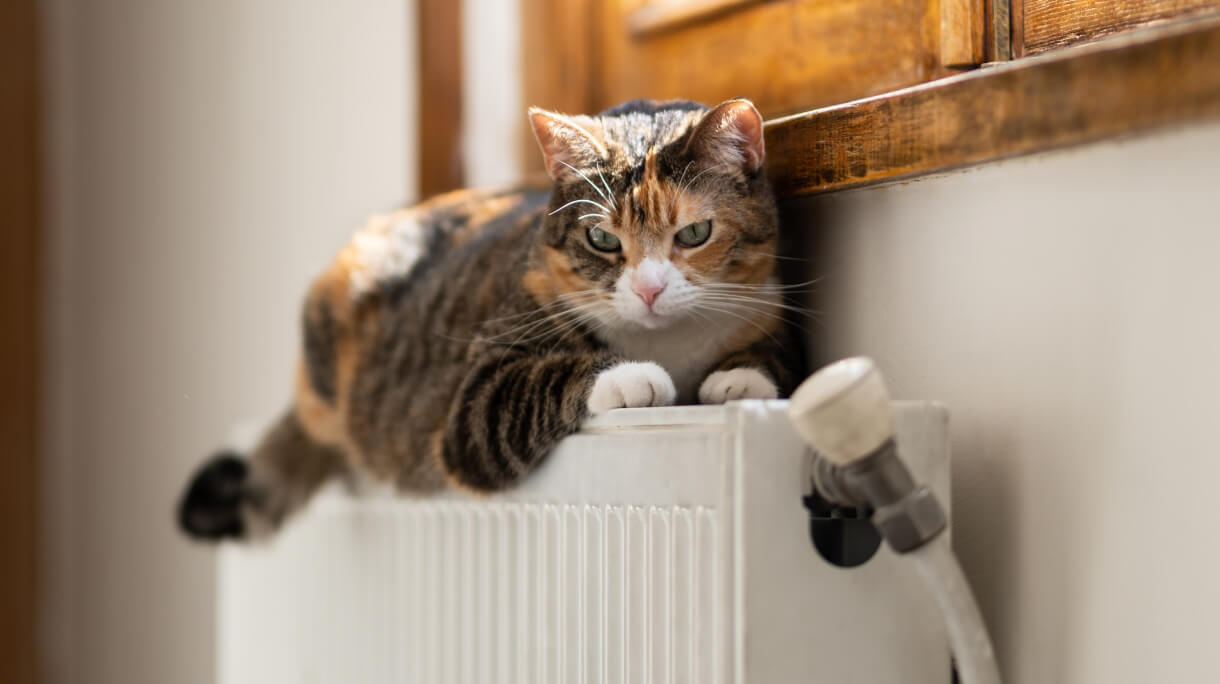5 Energy-Saving Myths Debunked
Take a look as we reveal the truth behind some of the top energy-saving misconceptions.
Energy-saving myths continue to mislead people and stop them from making informed decisions about their energy consumption. Take a look at our top 5 energy myths so you can make sure you don’t fall for them yourself.
MYTH: Turning your thermostat up and down saves money
A thermostat heats a room up to a pre-set temperature and then turns off once it reaches this temperature. This reduces your energy usage as you are heating your home appropriately.
While your heating system may take a little longer to heat up on colder days, setting your thermostat to a higher temperature will not heat your room quicker. It will, however, lead to higher energy costs in the long run.
If you increase the temperature of the thermostat beyond the required temperature, it will heat your home at the same speed, but for a longer period of time. The radiators will eventually reach the temperature that you want – so stay patient! By reducing your thermostat temperature by just 1%, you could actually save up to £113 on your yearly heating bill.
If your radiators take a while to heat up, make sure they are not covered by furniture or curtains that could prevent the flow of hot air, or check if they need bleeding. It’s also a good idea to ensure radiators are turned off in unused rooms to prevent further unnecessary energy usage.

MYTH: Unplugging appliances doesn’t save energy
Unplugging appliances saves more electricity than you would probably think! On average, a UK household will waste £60 per year in energy costs due to leaving appliances plugged in.
Leaving electrical goods such as game consoles in standby mode 24 hours a day uses a low, consistent amount of electricity. Over the year, this can add up to a hefty energy consumption. You could save up to £55 each year by simply unplugging devices like your phone charger and entertainment consoles when they are not in use.
MYTH: Keeping the heating on low saves money/energy
Depending on how well-insulated your home is, areas such as windows and doors will produce some sort of draught. Due to this, heat will consistently leak out of your home and as a result, your boiler will have to work extra hard.
This will constantly use energy to keep a consistently warm temperature, therefore it’s much more cost-effective to turn your heating on as and when you need it.
According to The Energy Saving Trust, over a quarter of heat in our homes is lost to low or no insulation. While somewhat costly at first, getting good insulation installed can keep your home warm for over 40 years and reduce your energy bills by keeping the warm in and the cold out.
MYTH: Radiators should always be located away from windows
Despite conventional logic leading most to question the positioning of a radiator underneath a window, there is a valid rationale to back up this common practice. Keeping your radiators underneath windows may in fact be a wise choice!
In the past, windows were typically one of the draughtiest areas of the home, so positioning your radiators beneath them would counteract the cold air blowing in.
Even with significant advancements in double and triple glazing over the years, windows are still typically one of the coldest areas of the room. The rules of thermodynamics mean that air is circulated more efficiently from underneath a window – as the warm air from your radiator rises, it is pushed into the room by the cool air from the window, keeping a more balanced temperature across the room.
Another reason to position radiators near your windows is due to the lack of furniture typically located here. Radiators should never be covered by furniture as this will restrict the hot air and prevent the radiator from heating up a room. Normally, window spaces are kept clear of furniture, therefore keeping a radiator in this otherwise unused space ensures it heats the room efficiently and stops you from wasting energy. Long, heavy curtains in front of a radiator also prevent effective heat circulation, so make sure your radiator is not covered when the heating is on.

MYTH: Solar panels don't work if it’s cloudy
With solar panels generating energy from the sun, the misconception that they will not work in the dull British summer is understandable.
Though solar panels work best in direct sunlight, they will still work on days when the weather is damp, cloudy and rainy as the sun emits light, even though it may not feel like it. This is because solar panels function using light, rather than heat.
Solar panels are made from a semiconductive material, such as silicone, which sits inside a metal frame with a glass casing. When this semiconductor is exposed to the photons in sunlight, it releases electrons and creates an electric current that we can use to power things in our homes and reduce our carbon footprint.
According to theecoexperts.co.uk, “the average person living in a three-bedroom house can expect to save around £520 a year on electricity bills, and break even on their purchase in around 15.1 years.” Therefore, despite the typical rainy British weather, solar panels are a great investment to reduce the carbon footprint of your home.
Enjoyed our myth-busting advice? Take our energy-saving quiz to see if you know your energy facts from fiction.




